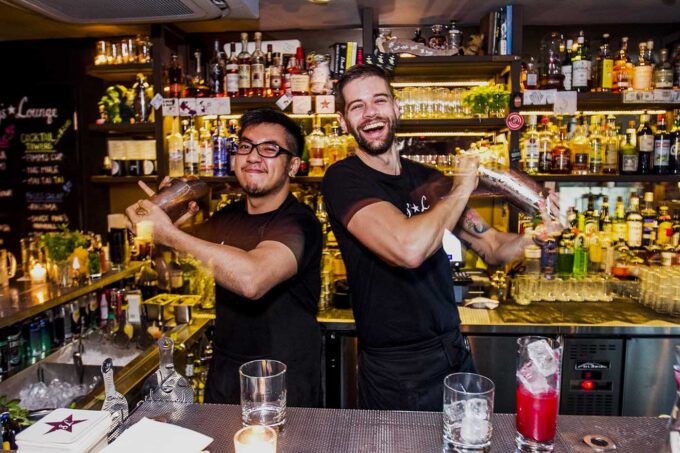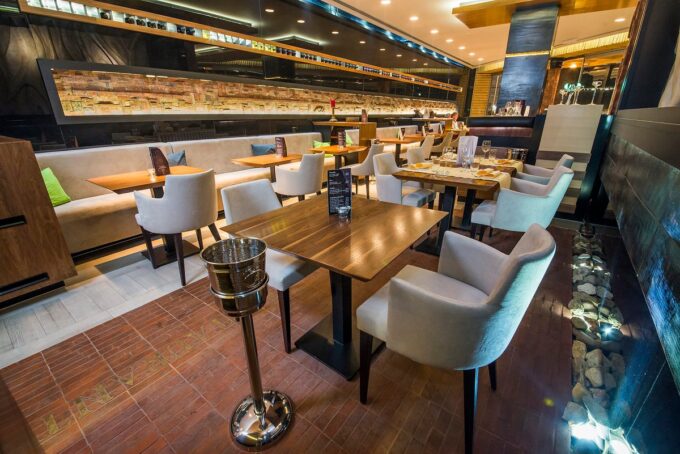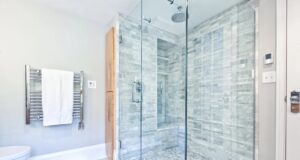Are you a friendly, people person with a passion for food? Would you like to be your own boss, have more flexibility, and sincerely enjoy what you do? Opening a bar and restaurant might be the career for you. However, all of those advantages come at a price – starting a business from scratch isn’t easy. Here are tips on how to open your own bar and restaurant.
Finance

First things first – you need to make sure you have enough money to start your new venture. You will need to buy/rent a premise, hire staff, purchase equipment and furniture, buy licenses, etc. There are numerous ways to raise capital to start your business, including taking advantage of government programs that cater to upstart small business owners; liquidating assets or using them as collateral for a loan, or inviting a family member or friend to become a partner. For further advice, visit professional commercial mortgage brokers such as HiltonSmythe finance in Bolton.
Before you think of anything else, apply for appropriate licenses. Licenses are required to serve alcohol, food and even to play music in your bar. Some of these are easy to obtain, while others are more complicated. Many cost money and time.
Find Premises

Decide where you want to have your business. Would you like large premises in a busy city centre or a cosier back street property? Will you start from scratch on an empty shell, buy a franchise, or take over an established business?
Check out the competition in the area in which you are interested. If competition is fierce, consider seeking a property in a location with less competition or invent a unique image for your business that will make you stand out from the crowd.
Look at the accessibility of the property. Is it easy to get to? Is there lots of parking close at hand?
Create Your Image

Creating an image for your business is crucial before you begin to buy furniture, decide on décor and equipment. Will you have a country-style pub and restaurant which caters to families and serves traditional pub grub, a sleek urban wine bar with brasserie, or a student-friendly bar?
Investigating the clientele of the potential area is essential so you can price your drinks or food appropriately. If the neighbourhood has predominantly young professionals, then creating a sophisticated wine or cocktail bar or fusion style restaurant would be in keeping with the potential customers. Comparatively, if your neighbourhood has a substantial number of families, it might be more suited to creating an eatery or bar suitable for both adults and children. With the latter, ensuring there is an outdoor area where the little ones could play is essential.
Design your interior according to your theme and make sure you stay within your means. It’s easy to get excited at this stage, and you may get carried away and blow your budget!
Think of a name for your business and try to make it unique and representative of your image. If you have a sleek, modern wine bar and brasserie, have a logo designed which is elegant and minimalist. A country bar and eatery could have a traditional name along the lines of the “Dog and Duck.” A memorable logo with an equally impressive image and interior décor can do wonders to attract clientele.
Equipment

To run an efficient restaurant and bar, you need equipment on which you can depend. Investing in good-quality apparatus at the start will ensure that maintenance and repairs are kept to a minimum in the long term. Doing so will save you money in the long run, and you won’t always have to close your restaurant because your cooker has broken down!
Make a list of all the equipment you will need, such as draught beer pumps, kitchen appliances, furniture, glasses, cutlery, crockery, and cleaning materials. Big things such as ovens and freezers can be your most essential tools and should be bought after much research. Discover the best and most reliable machines and ensure you buy big enough appliances to cope with your workload. Do not waste money on devices you do not need, but invest in equipment that will make your life easier and keep your business running smoothly. Items such as crockery, cutlery, utensils, and baking accessories can be bought second-hand or look for job lots on auction sites such as eBay.
Staff

One of the perks of owning your own business is that you can choose the people you will be working with. The ability to like all of your colleagues is in itself life-changing. Finding the right staff can be challenging and time-consuming. You need to find the balance between liking the person and being able to recognise the skills that they can offer. Remember: you define the work culture of your establishment by the team that you select; you define the customers’ experience by the team that you choose – your profits depend on getting it right.
Build your team with keen, experienced staff. Draw on their skills and experience to enhance your skills. Ensure at the interview that you have a good rapport.
Perhaps the most important member of your team will be the chef. The chef makes a restaurant what it is. During the interview process, you could even request that the prospective chef makes a quick meal for you to taste. Once you have found your chef, sit down together, and compile a menu.
Your menu should be unique to your brand and showcase your product. Consider your kitchen’s size, the amount of staff you have, and their experience and tailor the menu to these factors. For example, if you have a small kitchen and an inexperienced team, you’re going to need to keep your menu simple to ensure that everything you serve can reach the standard it needs to. However, if you’re hiring a large team of experienced chefs that will be working in a large, well-equipped kitchen, you’re likely to have the resources you need to produce out a more advanced, intricate menu at a high standard.










